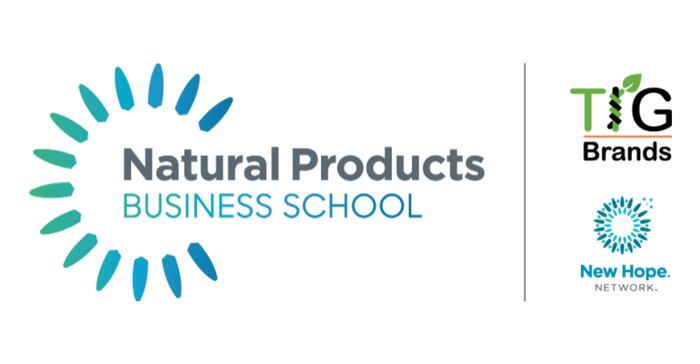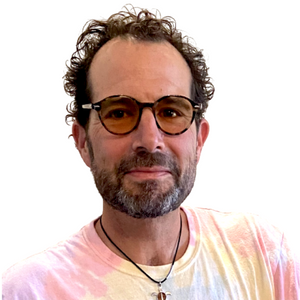Workshop: How to develop, test and refine your growth hypothesis
Cast aside hope and learn to develop a growth plan that investors can have faith in. Join New Hope's Natural Products Business School on Tuesday, June 20.

New Hope Network is excited to be partnering with TIG Brands for Natural Products Business School. Each month, Elliot Begoun will lead a 60-minute workshop guiding brands on relevant topics to help their businesses. This month’s workshop will explore how developing a growth hypothesis will help you avoid costly mistakes, be more compelling in investor meetings, and ensure that every dollar deployed works hard for you. Register here for Natural Products Business School–Developing your growth hypothesis, which is scheduled for 1 p.m. ET on Tuesday, June 20.
A well-constructed hypothesis that is testable and measurable is vital to building a nimble, capital-efficient and resilient business. We'll explore this matter in Tuesday's interactive workshop, but here's an overview that will help small-brand founders prepare.
Let's start with an action step. Open your investor deck and go to the slide that includes the market size and the percentage you plan to capture. Move your finger to the top right-hand corner of your keyboard and press delete.
I am oversimplifying but not exaggerating. At least 90% of the investor/pitch decks I review have a slide that reads like the one described above. Later, it includes slides that state the expected number of stores the brand will be in and the revenue it will generate: "We will be in 1,500 stores in year one growing to 5,000 in year two, and hitting 10,000 by year three." The corresponding revenue slide reads, "Sales will be $1.5 million in year one, $8 million in year two, and by year three, over $25 million." The former is not a growth hypothesis; this is hope. Hope is not the foundation of a good strategy, nor is it likely to attract investors.
A hypothesis is a tentative assumption made to draw out and test its logical or empirical consequences (Merriam-Webster). Most founding teams start with conclusions, not assumptions, which is a mistake. It makes it harder to get a "yes" from an investor and puts them on a dangerous path without GPS or even a compass. Whether recognized or not, every growth plan is merely hypothetical, and the better developed the underlying assumptions are, the higher the chances are for real success.

So, what assumptions go into a well-constructed growth hypothesis? It differs for every project. For illustrative purposes, some include cost-of-goods, pricing architecture, volume on a deal, deal depth, velocity, store ramp, free-fill, shopper marketing, and more. They must be measurable and linear. Because, as the definition states, the next step is to test them. These tests can be small or large and depend on risk tolerance, access to capital and bandwidth. They should be designed to be replicable and scalable. The goal is to either prove them true or false. If they prove true, that signals the green light to press on the accelerator, providing both the team and its investors the confidence that similar results would occur at scale given additional resources. False provides the insight needed to adjust or pivot.
Much more goes into crafting a bottoms-up, assumption-driven growth hypothesis—too much for one article. However, if you take anything away from reading this, know that developing one is vital and is a best practice. Please don't be one of the 90% who offers a conclusion with a bunch of hope. It won't serve you well. Instead, think about the steps, time and variables to deliver the desired results. Lay them out in a linear sequence and quantify them to be measured and monitored. Then, within your guardrails of risk and capital, get out into the market and test them.
Elliot Begoun is a 30-year industry veteran, author, podcast host, founder of TIG Brands and champion of Tardigrades. TIG Brands supports a community of entrepreneurs interested in building nimble, capital-efficient, resilient brands that become Tardigrades, not Unicorns. Learn more about TIG Brands’ programs.
About the Author(s)
You May Also Like




